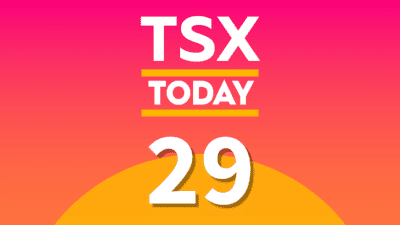Following an epic rally that saw the value of Bausch Health Companies (TSX:BHC)(NYSE:BHC) stock more than double since late 2017, here’s why investors in BHC may want to brace themselves for a something of a comedown in the weeks and months ahead.
But first, a brief history lesson…
For those readers that may be asking themselves who or what Bausch Health exactly is, this is far from your run-of-the-mill penny-cap or small-cap biotech stock.
BHC formerly went by the moniker Valeant Pharmaceuticals (ring a bell?) and was an absolute darling of the stock market, skyrocketing from below $10 per share in 2009 all the way to more than $250 per share by 2015.
At that time, the company’s business model was dependent on an aggressive M&A strategy; rather than investing millions of dollars in research and development to find the next big pharmaceutical breakthrough, Valeant’s managers instead went into the free market to buy out the stock of companies that had already discovered and developed powerful biotech IP.
However, that all came to a head in 2015 when it became rather apparent to all that Valeant wasn’t going to be able to sustain that strategy any longer, as it was just getting way too expensive for the company to continue to pay such high premiums to take over the control of the target companies it sought to acquire.
Fast forward to today…
Well, when it rains, it pours, and that was certainly the case with Valeant over the couple of years that ensued, not ignoring the fact that the company went so far as re-brand from Valeant to the new and unencumbered Bausch Health moniker.
But beyond just getting a fresh makeover, BHC in recent years has been aggressively focused on using its available cash flows generated from operations to pay down its outstanding debt.
That’s no small order, however, as the run up in M&A activity that led to the company’s downfall has ended up saddling BHC with an absolute mountain of debt.
But good news … is bad news?
Just last month, BHC announced that it had put plans in motion to pay down another $200 million of its outstanding debt — a move that will leave the company with no more mandatory principal repayments until 2021.
That certainly sounds like welcome news to the company’s tried-and-tested, loyal shareholders, so why has the stock sold off since then, including a 10% fall this week alone?
It’s anyone’s guess, but I tend to suspect that this week’s reaction might be a confounding (but not all that uncommon) case of “buy the rumour, sell the news.”
At least for the time being, BHC’s management team has been able to get the company out of hot water by eliminating the threat of unmanageable debt principal repayments.
But while it’s true that it now has virtually no debt due until 2021, looking ahead to 2023 and a couple of years later in 2025, there is another absolute mountain of debt coming due to credit holders somewhere in the neighbourhood of $20 billion, give or take.
Foolish bottom line
BHC has done a remarkable job to dig itself out of the hole it found itself in a couple of years ago, and those shareholders who had the foresight to stick it through with the company over that period have been handsomely rewarded for their courage and patience.
Long term, I believe that the Laval, Quebec-based company has a fighting chance of making it and achieving sustainable and meaningful prosperity.
However, in the very near term, I have to wonder if investors in BHC stock might be about to bear the brunt of a fairly serious reality check.








